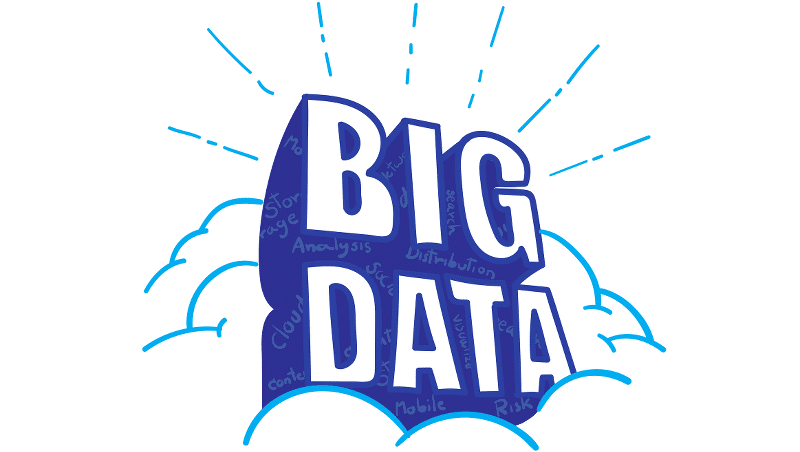
You would be hearing a lot about big data. Just like its name, Big Data is the biggest thing in the marketplace. Perhaps, you just have heard that this technology is creating a number of job opportunities around the world.
While businesses are considering this technology a breakthrough, it is both a challenge and opportunity for developers & experts.
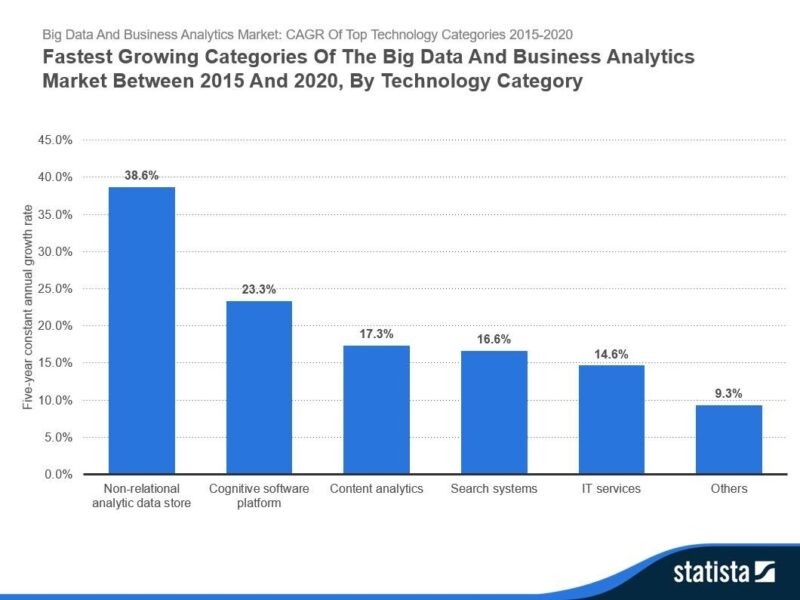
However, the question that arises in millions of unaware minds is “ What is Big Data?”
While some people know that it is a technology, others have no clue about this technology. Secrets have lingered with its name, and millennials are curious to leverage the potential of this technology for gaining dissimilar benefits. Moreover, software outsourcing companies are also active to leverage big data.
Don’t you want to know about Big Data?
With years of working experience with a big data application development company, I am striving to remove the drapes hiding the true aspects of Big Data in this blog. So, read further.
What is Big Data?
Big Data is described as a massive chunk of unstructured and structured data, that accompany a hardship for processing data using traditional methods.
Thus, Big data appears as “a whole lot of data”.
Big Data concept is new and hasn’t evolved too much for offering a comprehensive understanding to general people. However, the hype is making people acquainted with this technology.
Basically, Big Data is a collection of facts that represent both increasing and varied types of data (data being collected). Big Data experts and proponents assertively refer to it as “datification”.
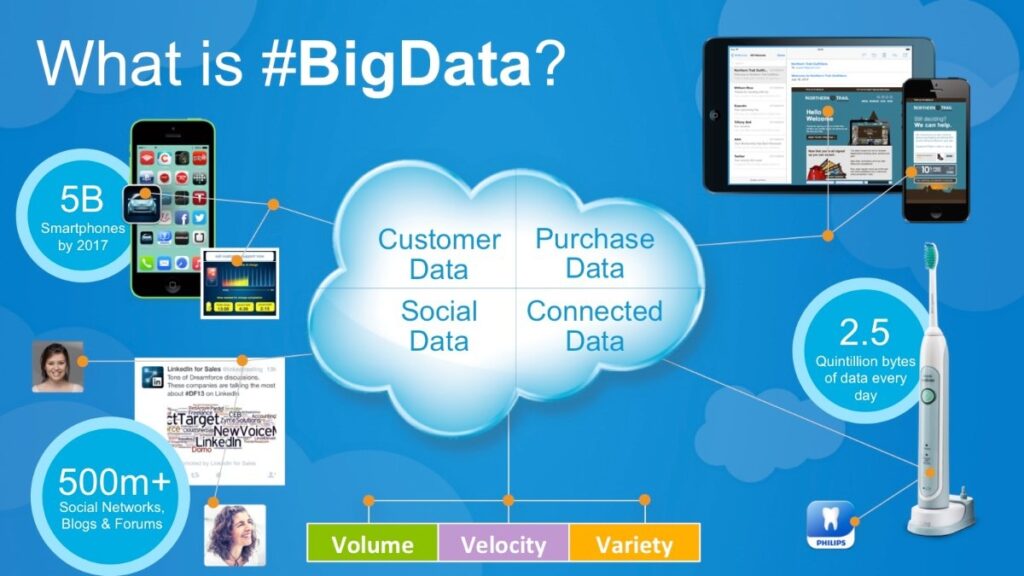
Succinctly, the information of the world travels online, and everything gets upgraded into digitized information. In more simple words, digitization of information such as social media, music, videos, online books and more.
Every day, the internet is being flooded with a huge amount of information, which is consolidating the Big Data concept. The sensors available around the world also increase the accumulation of data over the web. All of this is imposing an astounding surge in the amount of data.
Related Articles:
SImply, everything you do online now gets stored as data. Though you have to understand that Big Data isn’t about only data logs such as text, video, search, sensors. It is more about customer transactions and more about 4 industry V’s. It includes:
Volume – Suring amount of data ( generated every second)
Velocity – Speed at which data is being generated
Variety – Dissimilar types of data being generated
Veracity – Messiness of data, ie. it’s unstructured nature
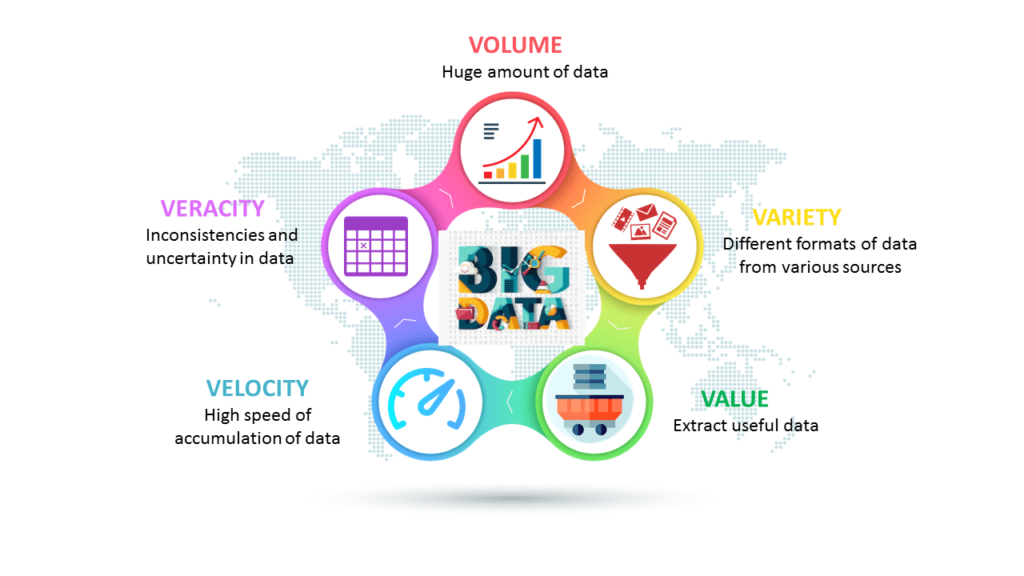
The amount, speed, variety and unstructuredness lead to unmanageable data using traditional methods. The traditional data analysis methods are not promising enough to give accurate insights. Thus, new technologies, processes, and tools to accommodate and analyze this vast amount of data.
In such scenarios, Data Analytics is getting popular to gain essential insights from the large chunks of data.
What is Data Analytics?
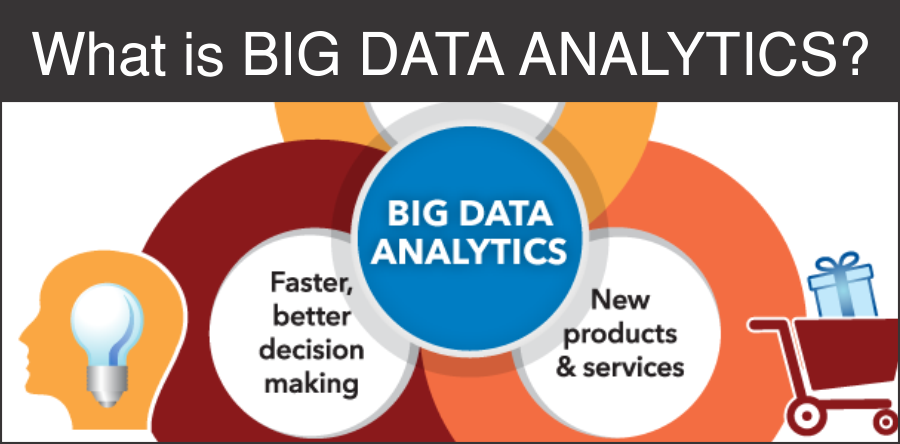
The real value from data occurs after applied analytics. Data analytics is the essential aspect of this space, as it involves examining and analyzing the data to figure out correlations, patterns, trends, and insights.
Data is just a bunch of data for businesses while applying analytics allows businesses to increase sales, enhance customer services, improve efficiency and more. This process involves analyzing different sets of data to dig out useful information and draw conclusions, such as trends and predictions about future market conditions.
Major Big Data Terms

Here are some major aspects and terms that you may hear a lot in a big data solutions company
- Algorithm – Algorithms are mathematical formulas that a software rum to analyze data
- Amazon Web Services (AWS) – AWS is a mechanism that is all about the collection of cloud computing services. AWS allows businesses to carry out large-scale computing operations and eradicates the need for storage or processing power in-house.
- Cloud Computing – It is all about running the software on remote servers rather than local.
- Data Scientist – Data scientist is an expert that extracts insights and analyses data.
- Hadoop – It is a technique that includes the collection of programs that enable storage, retrieval and analysis of humongous data sets.
- Predictive Analytics –It is a synonym to using analytics to predict future events and trends..
- Web Scraping – It is the process of automating data collection and structuring of web sites.
Big Data Tools
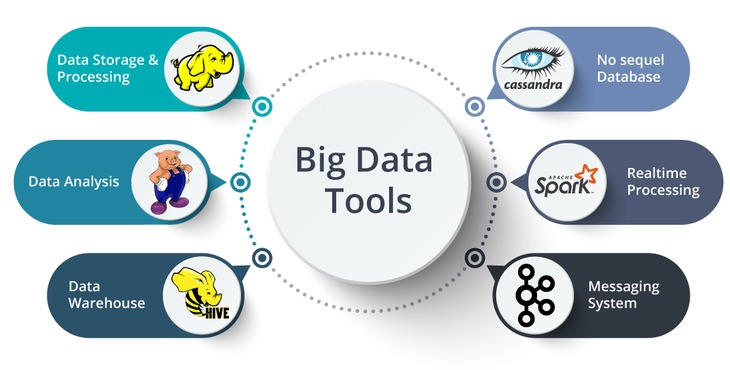
Since traditional data analytics methods are not effective for large sizes of data. Here are the tools that are being used present day.
- OpenRefine– a data cleaning software
- WolframAlpha– a software for complex calculations
- Import.io – A software to view structured data
- Tableau– A data visualization tool
Future Of Big Data
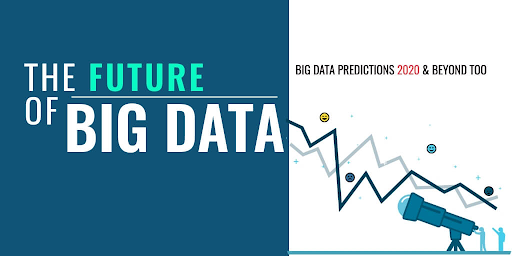
In 2020, big data market will leap beyond $76 billion at a CAGR of 10%. While it is expected that business analytics and big data will cross %210 billion in the upcoming two years.
By 2025, big data revenue will grow up to $123.2 billion. Besides, its utilization will also pick up the pace in several industries.
Conclusion
Big Data is one of the most popular technology concepts in the market today. Data has the immense potential to change the world around mankind by giving significant insights to improve customer experience, satisfaction and providing unseen aspects of human behavior in absolute light.
If you are striving to invest in Big Data to improve your customer experience, you can opt for Big Data Development services. The data scientists can help you analyze your data and help you get insights about crucial things.
Source: https://datafloq.com/read/everything-you-need-to-know-about-big-data-2020/8213
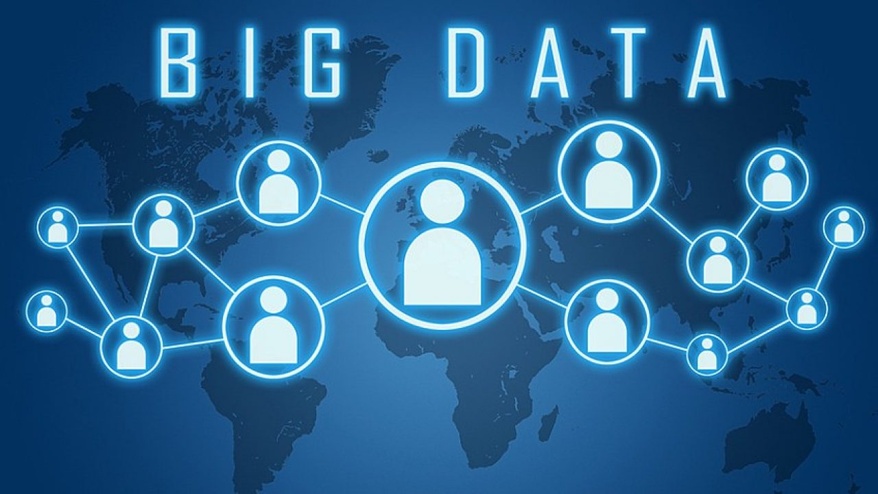



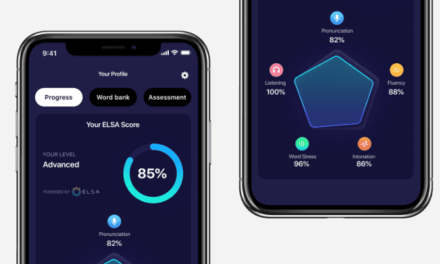
Recent Comments